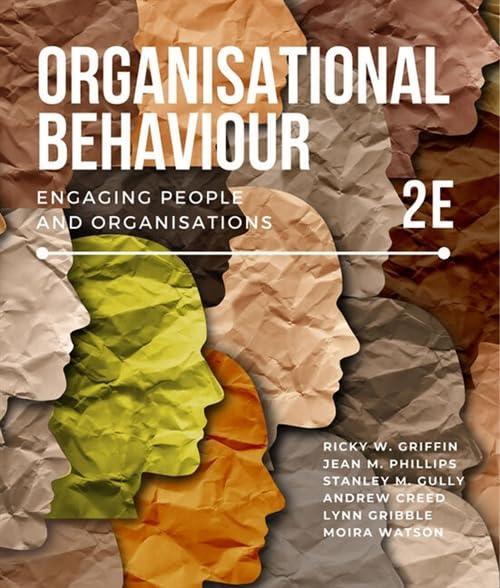Tonia Hughes, the newly appointed Chair Standards Committee of a New Zealand major city newspaper, reflected on
Question:
Tonia Hughes, the newly appointed Chair Standards Committee of a New Zealand major city newspaper, reflected on how journalism had changed since she began as a cub reporter in 1990. Back then, communicating the news meant she pounded the pavement in all sorts of weather looking for breaking items, haunted the local public library reference desk to check the facts, and continually looked for the closest payphone to call in the story to her editor. Today, reporters didn’t have to get out much into the community, they just logged on. Finding out information could happen from the comfort of the office through email, websites, Facebook, LinkedIn or Twitter. By using social media, reporters could access a whole range of information sources, including public opinion polls or communicating with people not yet known. It was then a simple case of writing up the story on the computer and pressing ‘send’. Tonia saw it was still imperative that journalists at the newspaper behaved ethically by producing verified content that was accurate, independent and fair, and done in ways that protected the confidentiality of sources and considered the impact on humanity. She believed reporters needed to be accountable for what they wrote and transparent in their processes so that community trust was built in the newspaper. However, Tonia recognised that in a world where lies, misinformation and propaganda had gone viral and fake news was increasingly the norm, her views on ethical journalism practices were being challenged. Tonia thought about the case before her and whether or not one of the paper’s youngest reporters, Alex, had breached the ethics code with his series of reports over the past five years. Over this time, Alex had been covering parliamentary and local council elections, writing stories that often used quotes that were attributed to anonymous sources. In his pieces dealing with all political sides, it was now revealed that he had used materials from other reporters without acknowledgement, had plagiarised several stories, had submitted pieces with factual errors and in some instances had fabricated entire story details. Tonia reviewed Alex’s staff file and noted that he had been promoted twice over his tenure and most of his 75 stories had been unquestioned. However, in the last two years of his employment two different editors had made a series of corrections to each of Alex’s 30 stories and one had commented that the reporting was deeply flawed and Alex should be suspended. Tonia could not find mention in Alex’s file of any action that the newspaper had taken. Tonia recognised that COVID-19 had likely impacted on Alex’s journalistic routines30 and his capacity to generate stories and she wanted to find out how he dealt with the pandemic. She wondered about how many of his practices prior to COVID-19 that were being questioned as unethical had continued on in the last couple of years and to what degree the newspaper’s business model may have contributed to his behaviour.
Question
Tonia considered the question she would ask the Standards Committee: in what ways had Alex breached the newspaper’s standards of ethical journalism and what role did the paper play in the matter? How would you respond to this question?
Step by Step Answer:

Organisational Behaviour Engaging People And Organisations
ISBN: 272389
2nd Edition
Authors: Ricky W. Griffin, Jean M. Phillips, Stanley M. Gully, Andrew Creed, Lynn Gribble, Moira Watson





